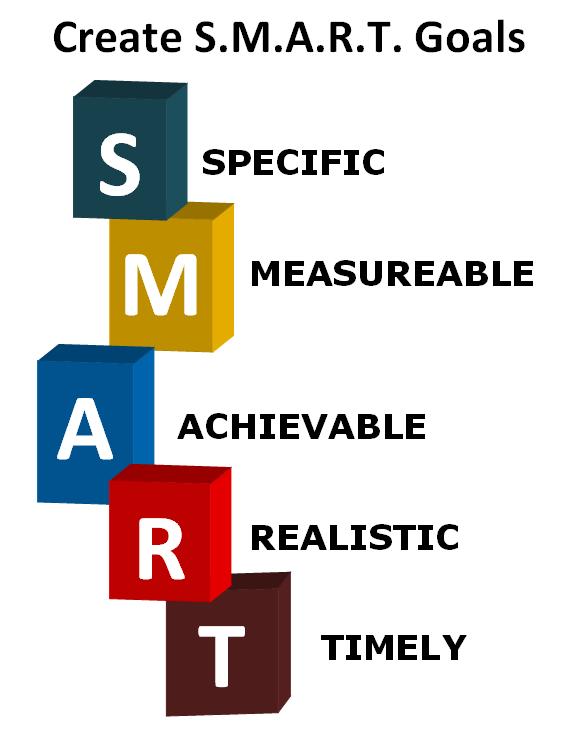Firm Management
How Your Firm Can Set SMART Goals
Our minds are constantly at work coming up with great ideas about the things we should accomplish. Interestingly, however, we rarely formalize these thoughts into written goals.
Jul. 07, 2014

Think – Write – Share
Our minds are constantly at work coming up with great ideas about the things we should accomplish. Interestingly, however, we rarely formalize these thoughts into written goals.
Studies support the direct link between written goals and higher performance. The reason is simple. Writing down a goal captures what you’re thinking and creates a greater level of commitment. The bottom line here is that it is much harder to dismiss something you’ve written down than to simply let go of the ideas you have floating around in your head.
To further increase your level of commitment, share your written goals with others. By telling someone what you are going to do, you move beyond self-accountability to peer-accountability. Most of us are far more willing to disappoint ourselves than we are to fail others. If you can identify a person who will agree to follow up with you regarding your progress – even better.
Leadership Must Set the Tone
Even more common than a lack of planning, goal setting and holding people accountable is the absence of partner accountability. Firm leadership tends to hold junior employees accountable but shies away from a formalized system to measure performance at the partner level. The tone of the firm is set up at the top. If partners are not willing to hold themselves accountable, employees will simply go through the motions and won’t buy in to a firm-wide performance system. Documented expectations and regular accountability reviews are important at every level, but accountability truly starts at the top.
Set SMART Goals
Choosing the right goals is just as important. Individual goals should be aligned with and support the firm’s vision and strategic plan. Additionally, they should be clearly articulated using the criteria for SMART goals.
- S = Specific
- M = Measurable
- A = Attainable
- R = Realistic
- T = Timely
The more specific you can be with your goals, the more likely you will commit to and achieve them. Writing goals in a way that makes them measurable, attainable, realistic and timely helps ensure that you can truly assess whether they were achieved.
